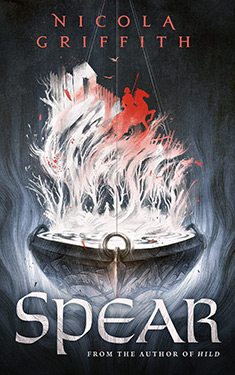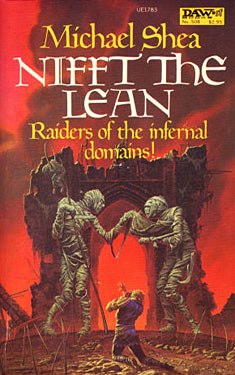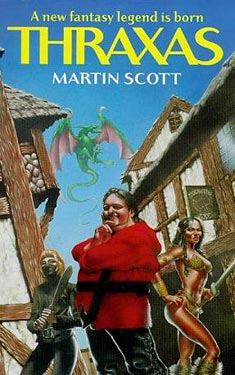Nicola Griffith
Completed 11/25/2022, Reviewed 11/25/2022
5 stars
A truly gorgeous novella by an award-winning queer author. This is a brief retelling of the Arthurian legend featuring a woman in the role of Percival. The book draws on older sources of the legend and uses Welsh spellings of the names of the characters. So Percival is Peretur, Arthur is Artos, and Camelot is Caer Leon. Griffith did some intense research for this novella, as she describes in her Afterword. This is my online book club selection for December and I’m glad I voted for it. The prose is gorgeous, the retelling is inventive, and the characters are relatable. I wouldn’t be surprised if this book nets Griffith her first Hugo next year.
Peretur grew up with her mother in a cave. Her education was with nature, with whom she has a deep psychic connection. Despite her mother’s insistence that she stay away from people, Peretur is drawn to leave for Caer Leon, where she believes she is destined to be a Companion to Artos. Only through this journey will she figure out who she is. So she leaves and works her way through farmlands disguised as a male youth, helping farmers, ridding the area of bandits, and breaking the hearts of young women on the way. When she gets to Caer Leon, she finds her true destiny and the truth about her own past.
The greatest thing about our main character is that she is so humble. She has many gifts including communicating with nature and a surprising talent for combat despite growing up alone. Yet she is not a proud hero. She simply wants to bring goodness into the world. Even when she reaches Caer Leon, she does not want any reward for any of her duties. She simply wants to be one of the King’s Companions so she can do good. The process of her discovery of her sexuality is also very well done. And how she accomplishes getting into relationships is marvelous. But even there, she is humble and honest, despite her ruse of being a man.
I was really taken by the prose. In the very beginning, it feels scarily overwhelming, but once I got into the story and the rhythm of the language, it flowed naturally, being just the right amount of description and plot moving. It probably helped that this was a novella. If this was a full-sized novel, the prose could have been a distraction from the movement of the plot.
The world building is also wonderful. Griffith takes the existing Camelot and transposes it to Welsh mythology. The sword in the stone and the Grail are stolen power artifacts of the Welsh gods. Merlin is not the benevolent wizard of Disney, but a more devious character with his own agenda. And the whole early Medieval culture is fully realized in the countryside in which Peretur journeys.
I really enjoyed this book as I have her earliest novels, Ammonite and Slow River. I give this book five stars out of five. I connected with Peretur right at the beginning and felt her passion the whole way. And I knocked this book out in a day, even though the prose slows you down a bit with its lushness. Griffith has a few other novels that I’m going to have to read, including the massive tome “Hild”, just because I want to read everything by her. She’s three for three in my book.



